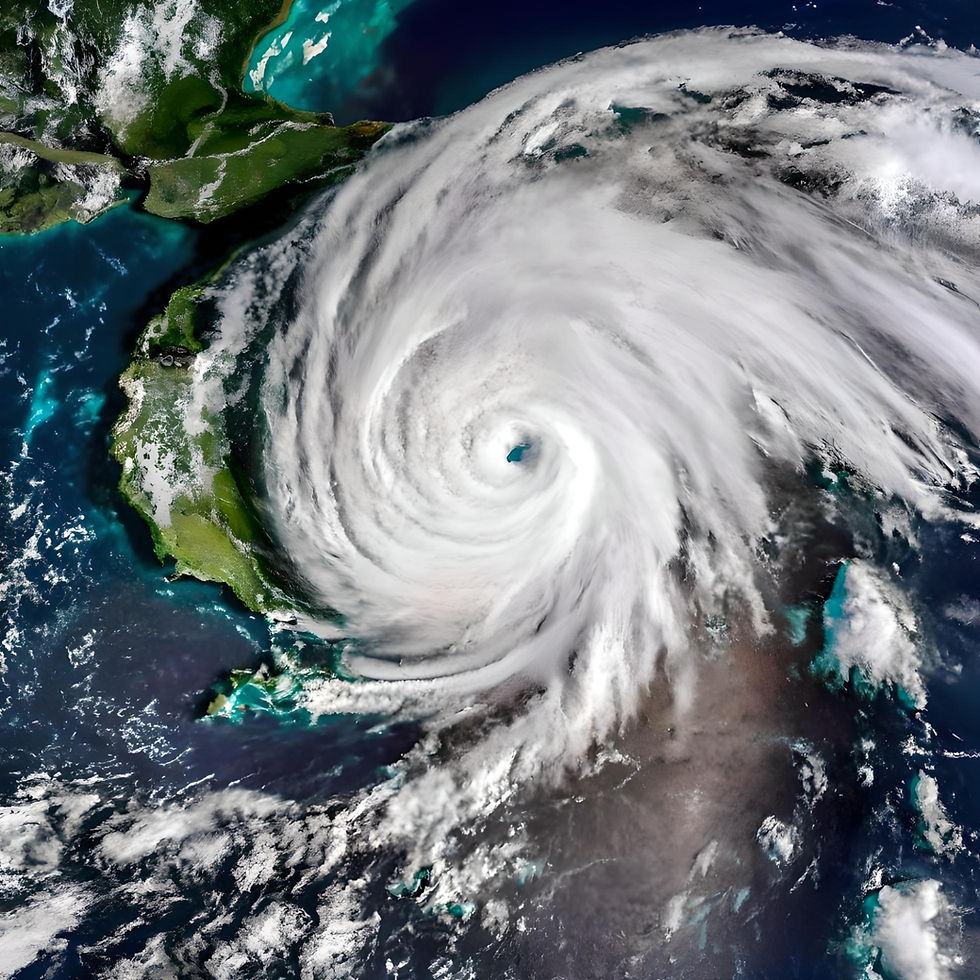Adaptation Is Not Charity: Why COP30 Must Fund the Global South Fairly
- Nusreek Rahman | Youth for COP Participant
- Nov 4, 2025
- 3 min read

Source: Pexels stock image
When the rain doesn’t stop in Bangladesh, it isn’t just a weather event. It’s an audible warning. This low-lying delta has homes getting swallowed by rising rivers, and farmers replant crops on temporary islands of silt. For us, climate change is not a virtuous cause. It’s a lived reality. With the world and its youth in great anticipation of COP30, adaptation within the Global South still faces impediments in diverse aspects, making it a shared responsibility rather than a charitable act.
The Nationally Determined Contributions (NDCs) of Bangladesh are an ambitious climate vision in the form of scaling up flood-resilient agriculture, improving coastal embankments, and expanding renewable energy access. However, regardless of how innovative adaptation measure are, they all share one trait: they cost money that prove burdensome for developing countries. The resultant paradox: the victims climate crisis must now spend the most to survive in the future.
Regardless of countless pledges, finance surrounding global adaptation remains abysmal. The 2024 UNEP Adaptation Gap Report estimates that developing countries require approximately USD 387 billion annually within 2030. But the reality is far from this. Though the new Loss and Damage Fund offers hope, without robust continuous replenishment and simplified, inclusive access, it ends up being a flimsy symbol; a big case of virtue-signaling. The Global South is in no position to wait for sympathy or empty platitudes. It needs structural fairness where nobody is left behind.
This is why COP30 must shift the conversation from mere promises to actual delivery; no more words, only actions. As per the Paris Agreement, Global Goal on Adaptation is in dire need of measurable targets, transparent finance mechanisms, effective stakeholder engagement and accountability from the main perpetrators of climate change i.e. high carbon-emitting nations. Adaptation and mitigation must go hand-in-hand. Foreign investments in flood forecasting systems, early warning infrastructure, and climate-resilient livelihoods are not optional aid for the poor and distressed. It is a global obligation rooted in justice and fairness.
Equity is not about dividing the world into victims and benefactors. It’s about recognizing that climate stability is a boon for us all. $1 spent on resilience in Bangladesh saves $3~$4 down the line, including supply chain disruptions and migration pressures that ripple far beyond our borders. That is the true meaning of shared prosperity.
But finance alone will not fix the imbalance. The process of adaptation must also be integrated with democracy. Locally Led Adaptation initiatives serve as a powerful model by channeling resources directly to communities or stakeholders who understand their risks best and thus can vote on it to make decisions. When women in Khulna experiment with saline-tolerant rice, or university students in Sylhet design flood-mapping apps, they are not just statistics of a natural
disaster. They are survivors and innovators. Supporting them means valuing indigenous knowledge that is often sidetracked in conversations between different parties.
The youth, in particular, must be treated as partners instead of participants. Esteemed programs such as the Youth for COP by The Climate Reality Project are helping bridge this divide by equipping young people with professional experiences to turn lived experience into foundations for leadership. We are the generation inheriting both the risks and the responsibility. Our inclusion in national planning, ranging from NDC consultations to local adaptation projects can ensure that decisions reflect ground realities rather than distant assumptions.
At COP30, leaders must remember that adaptation is not charity. It serves as an investment towards human dignity and planetary stability. The Global South has several adaptive measures in place in the form of Nature-based Solutions, but without predictable finance and fair partnerships, even something as important as resilience has limits.
Bangladesh’s story offers a mirror for the world: resilience born from necessity, ingenuity born from survival. If COP30 is to mean anything, it must rewrite the rules of global cooperation for adaptation to become a right.
Regardless of when the next flood or hurricane comes, the question is not whether we chose to act together or perish together.

Source: Pexels stock image










Comments